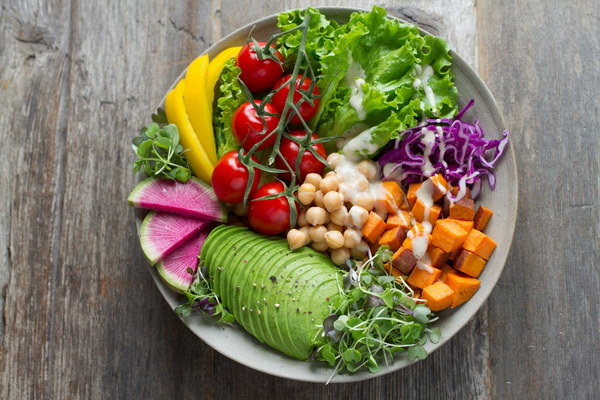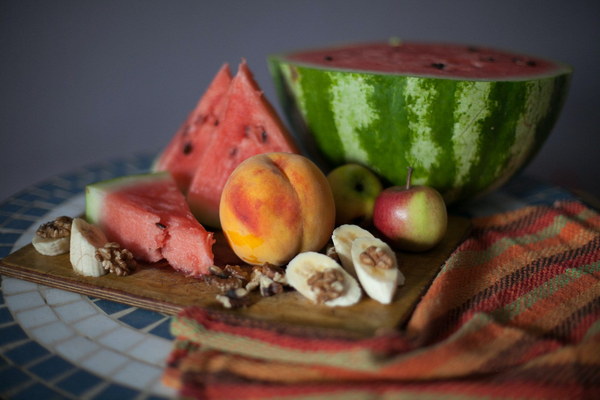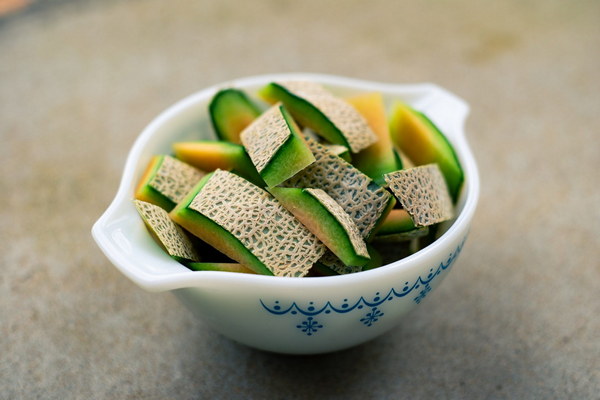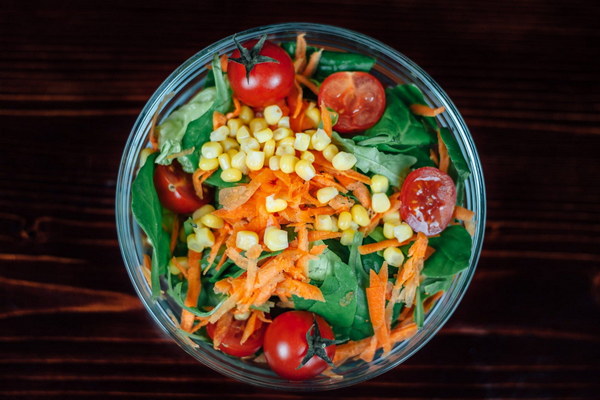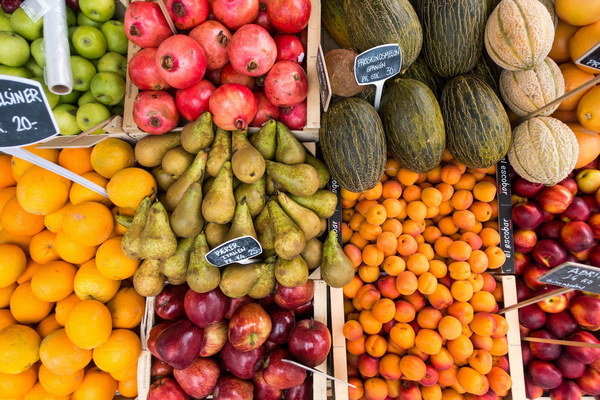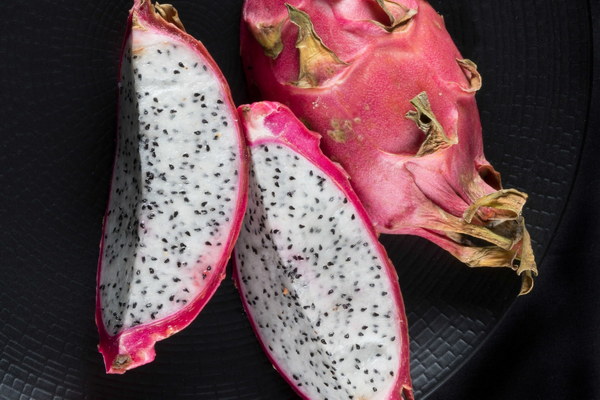The Optimal Dosage of Traditional Chinese Herbs How Much to Drink for Effective Remedies
Traditional Chinese medicine (TCM) has been practiced for thousands of years, offering a holistic approach to health and wellness. One of the key components of TCM is the use of herbal remedies, or yao shan in Chinese. However, it's essential to understand the correct dosage of these herbs to ensure they are both safe and effective. In this article, we will discuss the optimal dosage of traditional Chinese herbs and how much to drink for effective remedies.
Firstly, it's crucial to note that the optimal dosage of traditional Chinese herbs can vary widely depending on the individual, the specific herb, and the condition being treated. Generally, the dosage is based on factors such as body weight, age, gender, and the severity of the illness. It's always best to consult a qualified TCM practitioner before starting any herbal treatment.
When it comes to the amount of herbal tea or decoction to drink, there are a few general guidelines to keep in mind:
1. Standard Dosage: The standard dosage for most herbal remedies is typically 3-9 grams per day. This is the amount commonly used in clinical studies and traditional practices. For example, a typical decoction for a single herb might be prepared by adding 6 grams of the herb to 200 ml of water, boiling it for 20-30 minutes, and then drinking the resulting liquid throughout the day.
2. Customized Dosage: Some individuals may require a higher or lower dosage than the standard amount, depending on their unique circumstances. For instance, individuals with severe illness or weakened constitutions may need a higher dosage to achieve therapeutic effects, while those with mild conditions or sensitive constitutions may require a lower dosage.
3. Frequency of Consumption: It's important to follow the recommended frequency of consumption for your specific herbal remedy. Some herbs may be taken once a day, while others may need to be taken multiple times throughout the day. Your TCM practitioner can provide guidance on the appropriate frequency for your treatment.
4. Duration of Treatment: The duration of herbal treatment can vary depending on the condition being treated. Some conditions may require short-term treatment, while others may benefit from long-term therapy. Your TCM practitioner can help determine the optimal duration for your treatment.
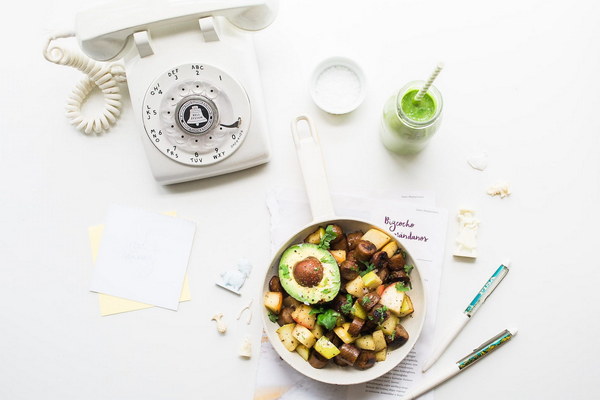
Here are some examples of traditional Chinese herbs and their typical dosages:
- Astragalus (Huang Qi): 9-30 grams per day, often taken as a decoction.
- Licorice (Gan Cao): 3-9 grams per day, commonly used to harmonize other herbs.
- Goji Berry (Gou Qi Zi): 9-15 grams per day, often consumed as a tea or added to recipes.
- Ginger (Sheng Jiang): 3-9 grams per day, used to support digestion and relieve colds.
Remember, while traditional Chinese herbs can be powerful remedies, they are not without risks. Some herbs may interact with other medications, or they may not be suitable for certain individuals, such as pregnant women or those with specific health conditions. It's crucial to consult with a qualified TCM practitioner to ensure the safe and effective use of herbal remedies.
In conclusion, the optimal dosage of traditional Chinese herbs is essential for achieving therapeutic benefits while minimizing risks. By following the guidance of a qualified TCM practitioner and adhering to the recommended dosages and frequencies, individuals can harness the power of these ancient remedies to promote health and wellness.

